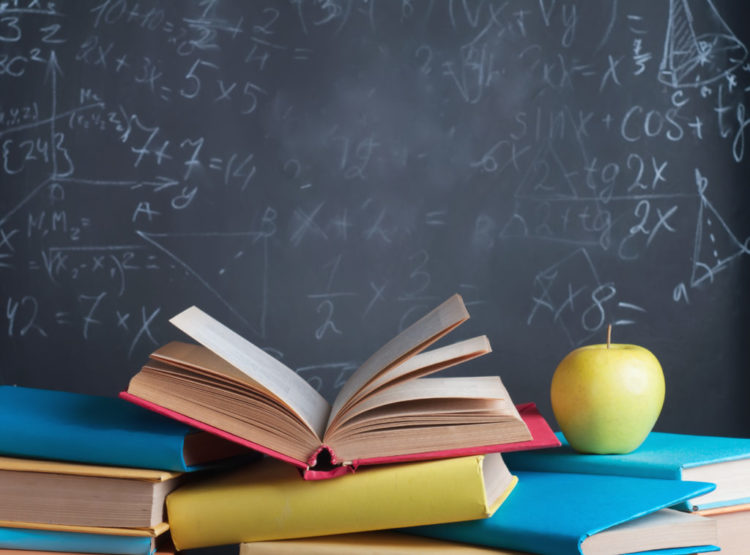Third Annual Report to North Carolina Parents and Taxpayers
North Carolinians deserve a complete and accurate picture of how their public schools are doing relative to rigorous national and international academic standards. The state’s current accountability system, the ABCs of Public Education, is a good first step but needs improvement to increase the reliability and usefulness of information provided to parents and taxpayers.
North Carolina and the World
The United States ranks low on recent international tests of math and science, even for our most advanced students. If North Carolina were a country, its math scores would be below those of most European and Asian countries and above only those of developing countries. Nor is international performance related to spending; of major countries with both recent fiscal data and test scores, the U.S. is first in spending but last in achievement.
North Carolina and the Nation
Despite recent progress on some national standardized tests, North Carolina still lags behind in tests of how well it prepares high school students for college. The state hasnÕt improved its national reading scores since 1994, even as its math scores have shown significant gains. Overall, North Carolina ranks 34th out of 43 states in National Assessment of Education Progress (NAEP) results during the 1990s. About 40 to 50 percent of our students lack even basic skills, depending on the grade and subject being tested. The results are far worse for N.C. black students Ñ two-thirds of whom lack basic skills in reading and math on rigorous national tests.
A Guide to the ABCs Program
Scores on state-only tests have shown improvement in recent years, with nearly 70 percent of elementary and middle-school students and 62 percent of high-school students meeting grade-level expectations in 1999-2000. Still, there is room for doubt as to the meaning of the tests, nor do they consistently square with the results of other assessments. Furthermore, progress levelled off in 1999-2000. Standards should be raised and more heavily emphasize basic skills such as spelling, grammar, and computation, preferably with an independent test.
Another Way to Grade Schools
An alternative approach to school accountability in North Carolina would be to use state tests, the SAT, and graduation rates to assign accurate, easy-to-understand letter grades for each district in North Carolina. Such a system in 1999-2000 would give N.C. districts overall a D+, with six districts receiving Bs and more than half Ds and Fs. Separate rankings of cost-effectiveness and the performance of districts with high percentages of needy students offer educators and policymakers the opportunity to study best practices in public education.
School Choice in North Carolina
Enrollment in private, charter, and home schools roughly doubled from 1994 to 2000. Encouraging parental choice through means-tested scholarships and educational tax relief would cost taxpayers little because of the savings generated within the public school system, yet dramatically improve educational opportunity.
New Studies on Improving Outcomes
New reports from Harvard University, the RAND Corporation, and the Manhattan Institute suggest that North Carolina has squandered money in recent years on initiatives such as raising average teacher pay. Future state efforts should concentrate on reducing class size in kindergarten, improving teacher quality through performance pay, and providing private-school scholarships for poor students and those in low-performing schools.


